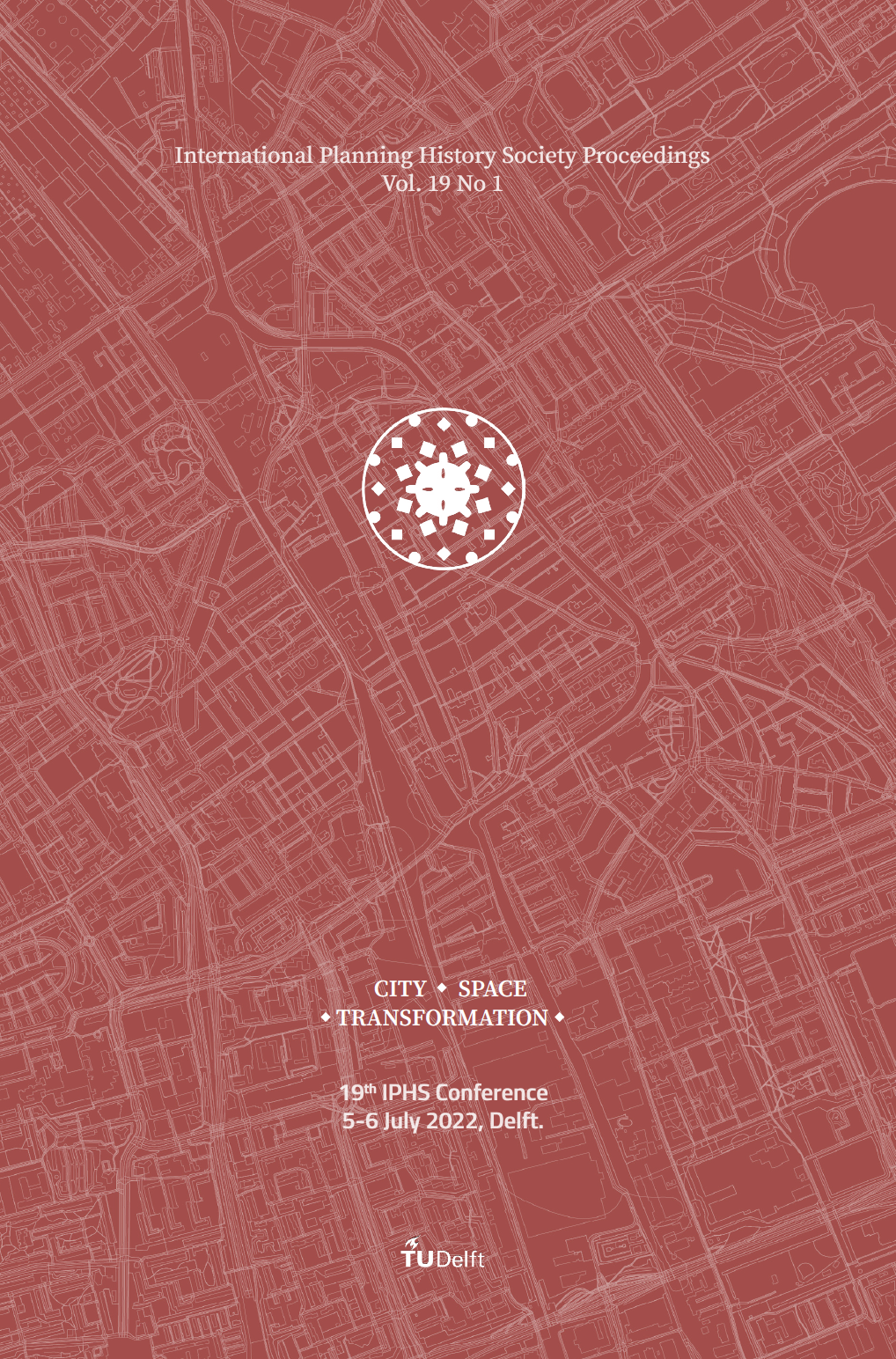IQVU and the Right to the City
Brazilian redemocratization experience
DOI:
https://doi.org/10.7480/iphs.2022.1.6470Abstract
This article seeks to understand how the construction of a Brazilian social indicator - the Quality of Urban Life Index of Belo Horizonte (IQVU-BH), used as an objective criterion for the distribution of resources of the Participatory Budget (OP). It seeks to demonstrate how the ideation of IQVU-BH in 1993 does not constitute an isolated fact; this is part of the experimentations made possible in the redemocratization of the country that, in order to respond to the struggles for urban reform, led to the very incorporation of the concept of Right to the City in Brazilian legislation. This article is structured, therefore, along two axes of inquiry: one that inserts the construction of IQVU in the course of incorporating the notion of the Right to the City into Brazilian legislation; another that analyses its distancing and proximity to the Lefebvrian concept from the comparison between its initial link with the OP of the management of Belo Horizonte (Brazil). Finally, the present work intends to demonstrate that the resonance of the Right to The City in IQVU only occurs when its employment occurs linked to the OP, as an instrument related to democratic and participatory management.
Downloads
Published
Issue
Section
License
Copyright (c) 2022 Paula Moura, Gisela Souza

This work is licensed under a Creative Commons Attribution 4.0 International License.

